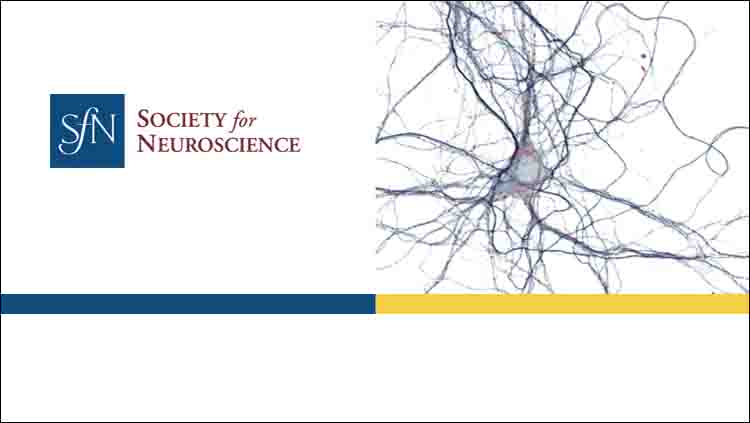-
Dec 25, 2018Press ReleaseResearchers applied a machine learning technique, described in eNeuro, that could potentially translate patterns of activity in fear-processing brain regions into scores on questionnaires used to assess a patient's fear of pain.
-
Dec 25, 2018Press ReleasePublished in JNeurosci, a comprehensive study of monkeys given the breast cancer drug Letrozole reveals side effects that impact the brain.
-
Dec 18, 2018Press ReleaseResearch in male mice published in JNeurosci demonstrates activation of microglia in the spinal cord is responsible for increased pain sensitivity in response to stress.
-
Dec 18, 2018Press ReleaseA neurofeedback system enables Parkinson's disease patients to voluntarily control brainwaves associated with symptoms of the disorder, according to new research published in eNeuro.
-
Dec 18, 2018Press ReleaseOne night of sleep loss can increase the desirability of junk foods, finds a study of healthy weight young men published in JNeurosci.
-
Dec 11, 2018Press ReleaseThe brain updates its preferences in real-time in order to choose between two equally attractive options, reveals a human neuroimaging and eye-tracking study published in JNeurosci.
-
Dec 04, 2018Press ReleaseFemale mice destined to develop Alzheimer's-like pathology and related cognitive impairments display a unique pattern of fluctuation in sex hormones during the ovarian cycle, finds new research published in eNeuro.
-
Dec 04, 2018Press ReleaseActivation of the anterior insular cortex — a brain region implicated in drug abuse — rather than drinking history or motivation for alcohol predicts relapse after a month of abstinence, reports a study of male rats published in JNeurosci.
-
Dec 04, 2018Press ReleaseSfN President Diane Lipscombe, PhD, President-Elect Barry Everitt, PhD, and Past President Richard Huganir, PhD, released the following statement, reflecting on those who were unable to attend Neuroscience 2018 because of restrictive travel policies in the United States and other countries and continuing to affirm the Society’s support for free exchange of information, diversity, and global collaboration in science.
-
Dec 04, 2018Press ReleaseModerate damage to the thoracic spinal cord causes widespread disruption to the timing of the body's daily activities, according to a study of male and female rats published in eNeuro.
Quick Links
Copyright ©
Society for Neuroscience



























